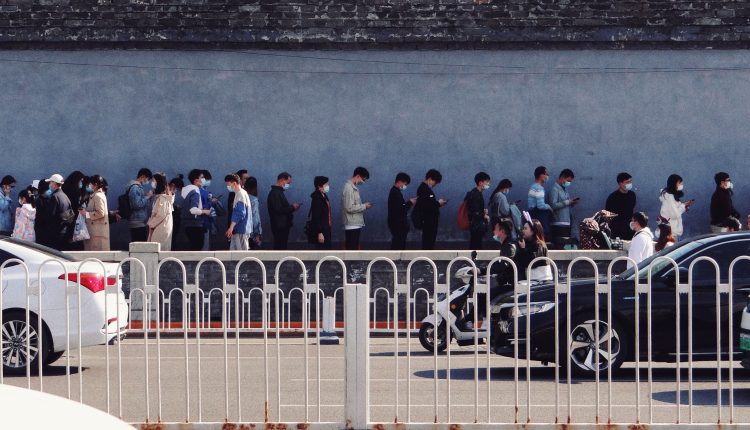In the heart of Texas, a state known for its expansive landscapes and bustling cities, a less scenic but critically important issue is unfolding: the Texas Department of Motor Vehicles (DMV) is facing a significant backlog in processing driver’s licenses. This situation has led to extended wait times for residents, prompting warnings from legal experts about the potential consequences of expired licenses.
Attorney Tim Maloney, a respected figure in the legal community, has voiced concerns over the ramifications of this backlog. Expect to face a $200 to $300 fine, and you’ll have to rely on the leniency of a municipal court judge,” warns Maloney, highlighting the risks of license delays. His advice is clear: residents should plan ahead, ideally 60 to 90 days, to ensure they secure an appointment in time for license renewals.

The root of the problem lies in a combination of factors. A workforce shortage has hit the Texas DMV hard, leading to fewer staff available to handle the influx of renewal and application appointments. The DMV has also reported a surge in requests, partly due to the population growth in the state. These elements together have created a perfect storm, resulting in exorbitant wait times for Texans.
The situation has reached a point where the Texas Department of Public Safety (DPS) has sought additional funding to address the issue. However, the resolution is not immediate, and in the interim, Texans are feeling the pressure. This backlog not only affects those needing to renew or obtain a driver’s license but also has broader implications for employment, travel, and legal compliance.
To mitigate the impact, the Texas DMV advises residents to use online resources to check walk-in wait times and schedule appointments. The DMV’s website offers a platform where individuals can plan their visit, reducing the uncertainty and stress associated with long wait times. This proactive approach is essential in a state where driving is often the primary mode of transportation.
The situation in Texas highlights a larger national trend, where DMVs across the country are grappling with similar challenges. The pandemic has exacerbated these issues, with many departments facing closures or reduced hours, leading to an accumulation of requests. As states emerge from pandemic-related restrictions, the backlog represents a significant hurdle in returning to normalcy.
For Texans, the message is clear: planning is paramount. With the current backlog, waiting until the last minute to renew or obtain a driver’s license is a risky strategy that could lead to legal and financial consequences. As Attorney Maloney points out, the hope is for understanding judges in municipal courts, but it’s a gamble that residents might not want to take.
Read More:
- OpenAI and Microsoft Confront Copyright Lawsuits in New York Over AI Training Methods
- Tri-State New York, New Jersey, And Connecticut Area’s Winter Wonderland: A Tale of Diverse Snow Totals
The Texas DMV’s backlog is more than an inconvenience; it’s a call to action for residents to plan ahead and utilize available resources. As the state works towards resolving these issues, it’s crucial for individuals to stay informed and proactive in managing their driver’s license needs. The road ahead may be long, but with careful planning and patience, Texans can navigate these challenging times.

